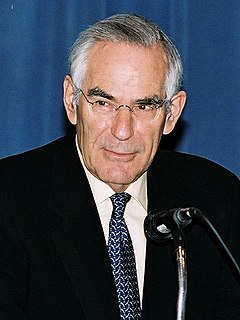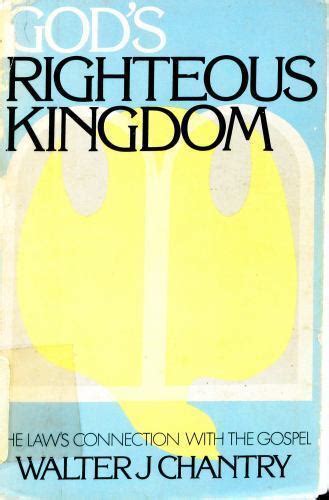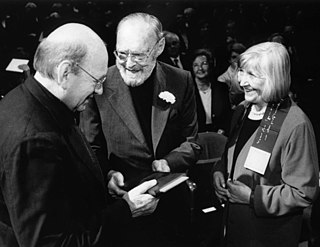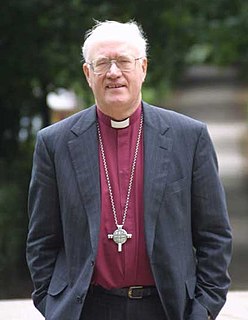Top 41 Calvinism Quotes & Sayings
Explore popular Calvinism quotes.
Last updated on April 14, 2025.
Bart Giamatti did not grow up (as he had dreamed) to play second base for the Red Sox. He became a professor at Yale, and then, in time president of the National Baseball League. He never lost his love for the Boston Red Sox. It was as a Red Sox fan, he later realized that human beings are fallen, and that life is filled with disappointment. The path to comprehending Calvinism in modern America, he decided, begins at Fenway Park.
The alternative of hypothetical universalism, according to which Christ's work is sufficient for all but efficient only for the elect, was alive and well in early Reformed thought. Moreover - and importantly for our purposes - this view was not regarded as an aberration but as a legitimate position that could be taken within the confessional bounds of Reformed thought. But that means that the Five Points aren't the non-negotiable conceptual core of Calvinism after all.
Calvinism emphasizes divine sovereignty and free grace; Arminianism emphasizes human responsibility. The one restricts the saving grace to the elect; the other extends it to all men on the condition of faith. Both are right in what they assert; both are wrong in what they deny. If one important truth is pressed to the exclusion of another truth of equal importance, it becomes an error, and loses its hold upon the conscience. The Bible gives us a theology which is more human than Calvinism and more divine than Arminianism, and more Christian than either of them.
It is often reported that the Five Points of Calvinism are the conceptual hard-core of Reformed thought. That is very misleading. The Five Points supposedly originate with the Synod of Dort in the early seventeenth century. Yet we find important Reformed leaders who were signatories to that documentation who don't think that limited atonement is the right way to think about the scope of Christ's saving work. How can this be? The answer that recent historical theology has thrown up is that the canons of the Synod don't require adherence to the doctrine of limited atonement.
The expansion I have in mind isn't the same as distortion. Of course, there are those who say their views represent Reformed thought, but what they end up with is a caricature of what Reformed thinking is really about. I hope I am not one of those people, but readers [of the Saving Calvinism] will have to make up their own minds on that score!
As time went by we developed a sort of ideology without ever formulating it as such. I've always said that we are documenting the sacred buildings of Calvinism. Calvinism rejects all forms of art and therefore never developed its own architecture. The buildings we photograph originate directly from this purely economical thinking.
The book [Saving Calvinism] argues in each case that the Reformed tradition is broader and deeper than we might think at first glance - not that there are people on the margins of the tradition saying crazy things we should pay attention to, but rather that there are resources within the "mainstream" so to speak, which give us reason to think that the tradition is nowhere near as doctrinally narrow as the so-called "Five Points of Calvinism" might lead one to believe.
During my academical life, and from this time forward, I was indefatigable in my search after truth. I read all the authors of greatest repute, for and against the Trinity, original sin, and the most disputed doctrines, but I was not yet of an understanding sufficiently ripe for impartial decision, and all my inquiries terminated in Calvinism.
Sometimes we can lose the wood for the trees. Some specific issues dealt with in the book [Saving Calvinism]: the scope of election (who is saved?); the nature of the atonement (do we have to hold to penal substitution if we're Reformed?); the scope of the atonement (for whom did Christ die?); whether we have to hold to some sort of theological determinism (God ordains all that comes to pass).
For instance, there are many mainstream Reformed theologians that deny the doctrine of "limited" atonement (the "L" in TULIP, the acrostic for the Five Points of Calvinism). These are not thinkers on the margins or troublemakers. They are leaders at the center of Reformed thinking like Bishop John Davenant.
In many ways the book [Saving Calvinism] is trying to argue for a more popular audience things I've said in some more scholarly works, namely, that the Reformed tradition is broader and more variegated than is often reported today, and that we need to recapture something of this in order that we don't end up unnecessarily narrow in our doctrine and in order to keep some perspective.























